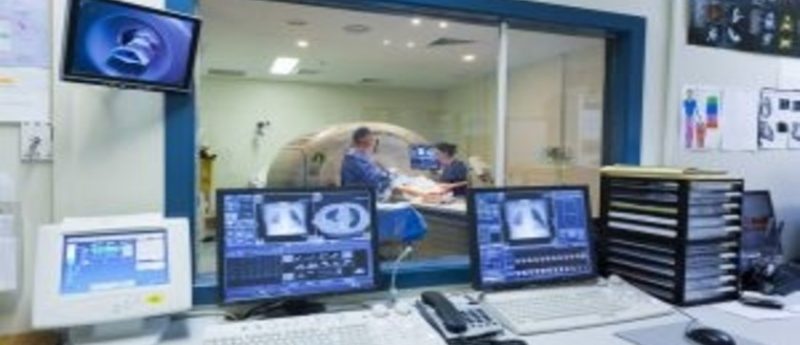ESMO14: Colorectal cancer screening program shows immunochemical testing can increase high-risk adenoma detection

New research presented to the 2014 European Society for Medical Oncology (ESMO) Congress in Madrid (held 26–30 September, Madrid, Spain) has shown that immunological fecal occult blood testing (FOBT) for colorectal cancer increased the rate of diagnosis of high-risk adenomas by 89%.
The team led by Vanessa Cottet from INSERM Unité 866 (France) centered their investigation on the French region of Côte-d’Or, where data on adenomas have been recorded since 1976. The team wanted to investigate the rate of diagnosis before and after the introduction of a biennial screening program using FOBT in 2003.
Cottet’s team studied all individuals aged 50–74 who had an adenoma identified between January 1997 and December 2008. It was shown that 38.7% of these subjects had high-risk adenomas. ‘High-risk’ adenomas are characterised by being over 1cm in diameter, involving the villi in the intestinal lining or a high grade of dysplasia.
For the above characterized high-risk adenomas, age-standardized diagnosis rates were 136 per 100,000 individuals before the FOBT screening program and 257 per 100,000 after the program was implemented. This illustrates an 89% increase in diagnosis rate. The corresponding figures for non-advanced adenomas were 235 and 392 per 100,000 people, demonstrating a percentage increase of 68%.
The results show the benefit of extending large scale screening programs for colorectal cancer. Cottet commented: “It is very important that the public follows recommendations and participates in colorectal cancer screening campaigns.”
The authors explained that FOBT tests outperformed guaiac tests in the detection of colorectal cancer and advanced adenoma. In addition, FOBT tests doubled the detection rate of invasive colorectal cancer and facilitated a four-fold increase in the detection of noninvasive colorectal cancer and advanced adenomas.
Cottet added: “It is reasonable to assume that an organized screening program using such tests would lead to a greater reduction of colorectal cancer death and probably to a reduction in colorectal cancer incidence.”
Meanwhile, another group of French researchers have discovered that using colonoscopy to diagnose those defined as being at higher risk of developing colorectal cancer may be less efficient than using FOBT. This is at odds with the perceived ‘gold standard’ for the detection of colorectal cancer.
Sylvain Manfredi from CHU Pontchaillou in Rennes, France, studied an area where FOBT has been implemented for a long time. A pre-screening procedure identifies those at higher risk of colorectal cancer and these patients are invited to undergo colonoscopy rather than FOBT.
In this study, 889 individuals underwent colonoscopy and 253 colorectal neoplasias were diagnosed, including 35 cancers. Overall, 219 people had adenomas, with 209 diagnosed as advanced. The calculated positive predictive value of colonoscopy was 3.9% for cancer, 12.9% for advanced adenoma and 25% for adenoma overall.
Compared with a population selected by an FOBT test, colonoscopy alone performs poorly, the positive predictive value of the colonoscopy performed after positive test ranges from 7.5 to 10% for cancer, from 15 to 27% for advanced adenoma and between 32 and 37% for adenoma.
“The take-home message is that the positive predictive value for colorectal neoplasia in high risk patients screened by colonoscopy is lower than it is for average risk patients screened by FOBT,” said Manfredi.
Source: ESMO Press Release





